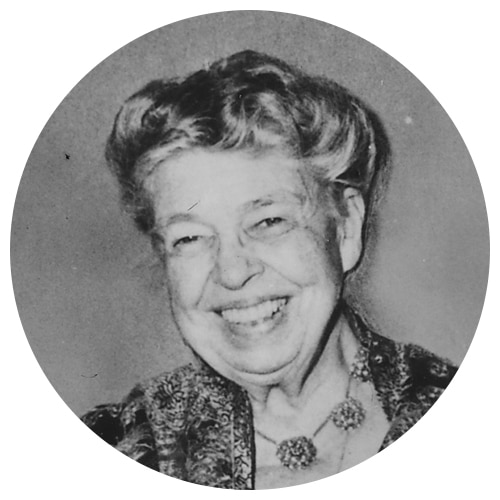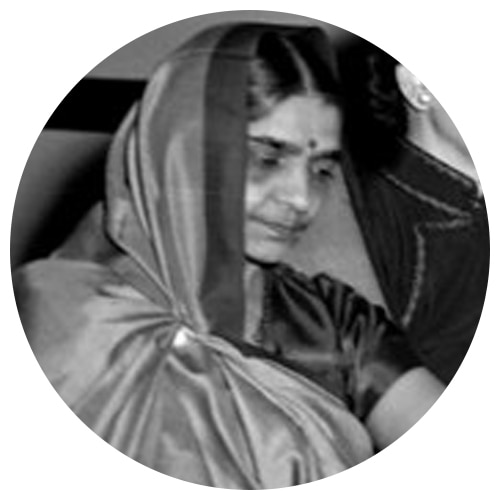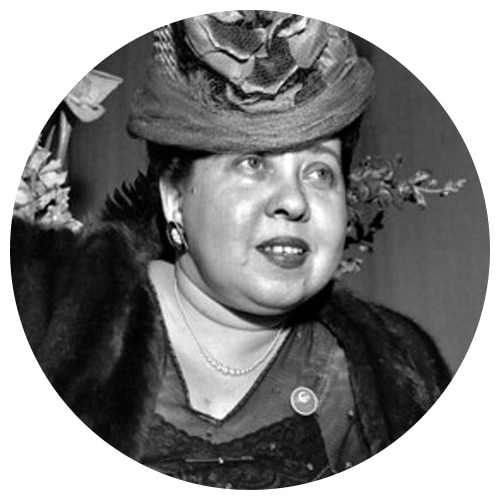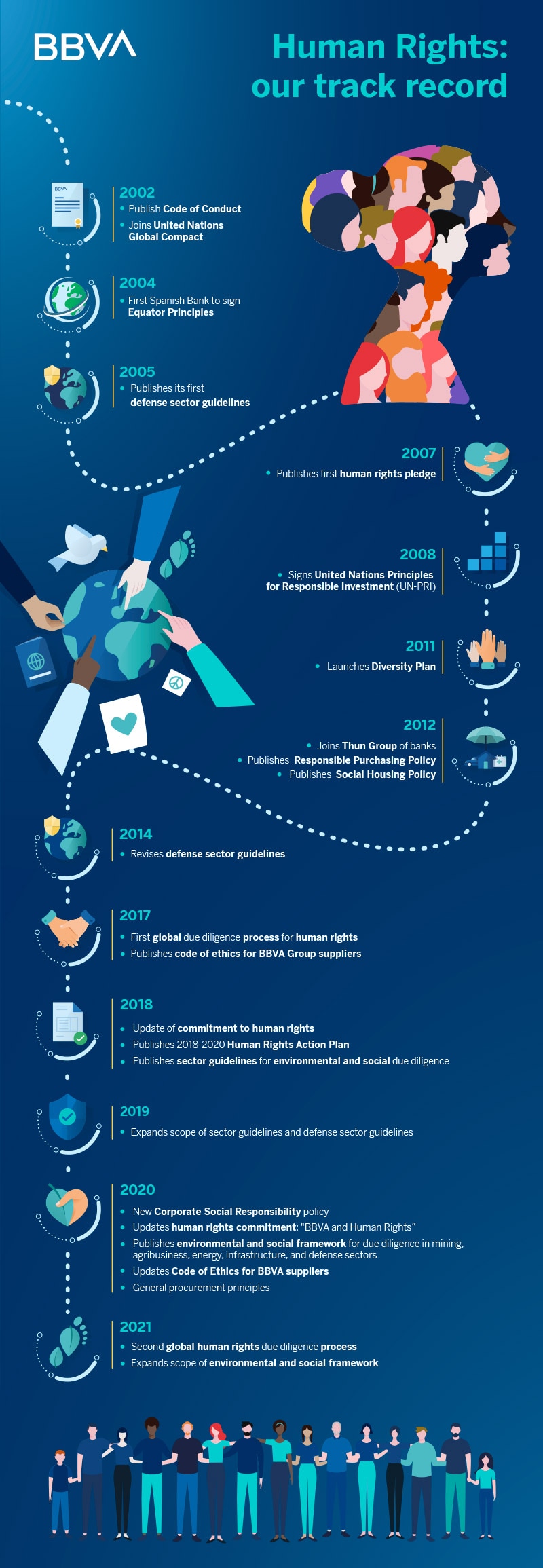Four women who were critical to the writing of the Universal Declaration of Human Rights
Eleanor Roosevelt, Hansa Mehta, Minerva Bernardino and Marie-Hélène Lefaucheux are names to remember on December 10th, the anniversary of the Universal Declaration of Human Rights. The most translated text in the world proclaims, in essence, that all human beings, without distinction, are equal.

On December 10, 1948, the United Nations General Assembly in Paris approved a six page document (a preamble plus 30 articles) written by more than 50 countries from all regions of the world, which still clearly remembered the atrocities committed during World War II. Eight countries abstained, but none voted against it. The Universal Declaration of Human Rights (UDHR) was born, establishing the fundamental rights that must be protected in all corners of the earth for the first time.
The articles of the UDHR proclaim that all human beings, without distinction, are born free and equal; prohibit slavery and torture; defend the freedom to hold opinions and the presumption of innocence; protect the right to seek asylum and to a nationality, etc. They took at least two years to write, which was a “colossal task” in the words of the UN itself, at a time when the world was divided into east and west, and they had to look for common ground of understanding and agreement.
In November 1999, the Guinness Book of Records declared the UDHR the most translated document on the planet (298 languages) and updated the certification in 2009 when it reached 370. It can currently be read in over 500 - from the six official languages of the United Nations, Arabic, Chinese, Spanish, French, English and Russian, spoken by billions of people, to nearly extinct languages like Pipil, which is spoken in El Salvador. The most recently added was Northern Bolivia Quechua, in 2016. It is a dialect of the family of languages originating in the Andes, with more than 116,000 speakers located north of La Paz - the capital of Bolivia.
"The UDHR is widely recognized as having inspired and paved the way for the adoption of more than 70 human rights treaties applied today,” the UN notes with pride. According to the international organization, every December 10th, the anniversary of its approval, Human Rights Day is “an opportunity to reaffirm the importance of human rights in the reconstruction of the world we want, the need for global solidarity and our interconnection and shared humanity as human beings.”
The Universal Declaration of Human Rights owes its existence to a woman, Eleanor Roosevelt, and its final content to a handful of female activists, feminists and diplomats who fought to extend its protections to women and explicitly recognize gender equality. The UN website has dedicated an article in their honor:
Eleanor Roosevelt

In 1946, U.S. President Harry S. Truman, appointed Eleanor Roosevelt, the former First Lady between 1933 and 1945, to be the U.S. Delegate to the United Nations General Assembly. She was the first Chair of the Human Rights Commission and used its prestige, credibility and diplomacy to make the Declaration a success. It was written amid rising tension between Russia and the U.S., and when it was finally approved, the entire General Assembly gave it a standing ovation. In 1968, six years after her death, she was posthumously presented the United Nations Human Rights Prize.
Hansa Mehta

The inspiring first article of the UDHR, which says, “All human beings are born free and equal in dignity and rights. They are endowed with reason and conscience and should act towards one another in a spirit of brotherhood [...],” was originally written as “all men are born free and equal [...].” Hansa Mehta of India is responsible for the change. A strong defender of women’s rights, she was the only female delegate on the UN Human Rights Commission between 1947 and 1948 together with Eleanor Roosevelt.
Minerva Bernardino

Diplomat and feminist leader from the Dominican Republic, Minerva Bernardino was fundamental in the deliberations on the inclusion of “equal rights of men and women” in the preamble of the UDHR.
Marie-Hélène Lefaucheux

As President of the 1948 Commission on the Status of Women, Marie-Hélène Lefaucheux of France successfully defended the inclusion of a mention of no sexual discrimination in article 2, which remained with its now famous statement: “Everyone is entitled to all the rights and freedoms set forth in this Declaration, without distinction of any kind, such as race, colour, sex, language, religion, political or other opinion, national or social origin, property, birth or other status."
Some of the other names include the Pakistani Begum Shaista Ikramullah, who advocated for emphasizing the freedom, equality and freedom of choice in the Declaration, and for including in article 16, on equal rights in marriage. Bodil Begtrup of Denmark fought for the headlines to refer to “everyone” or “all people” instead of “all men”. Evdokia Uralova of Belarus was the promoter of equal pay for women. And Lakshmi Menon of Indica promoted the mention of equal rights for men and women in the preamble, and no sexual discrimination throughout the declaration.
BBVA’s commitment
BBVA is committed to the promotion and respect of human rights in the Group’s activities and operations, and this is reflected in its General Policy on Corporate Social Responsibility and in BBVA’s commitment to Human Rights. Furthermore, the bank is currently finalizing a second audit process on this subject, which will give rise to a new action plan that will replace the 2018-2020 Human Rights Action Plan, currently in force.
